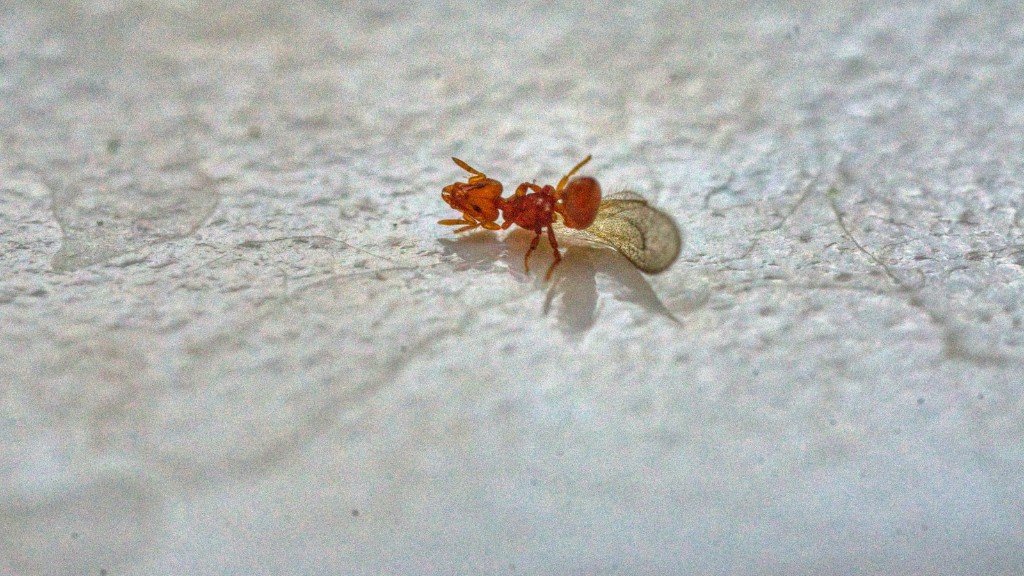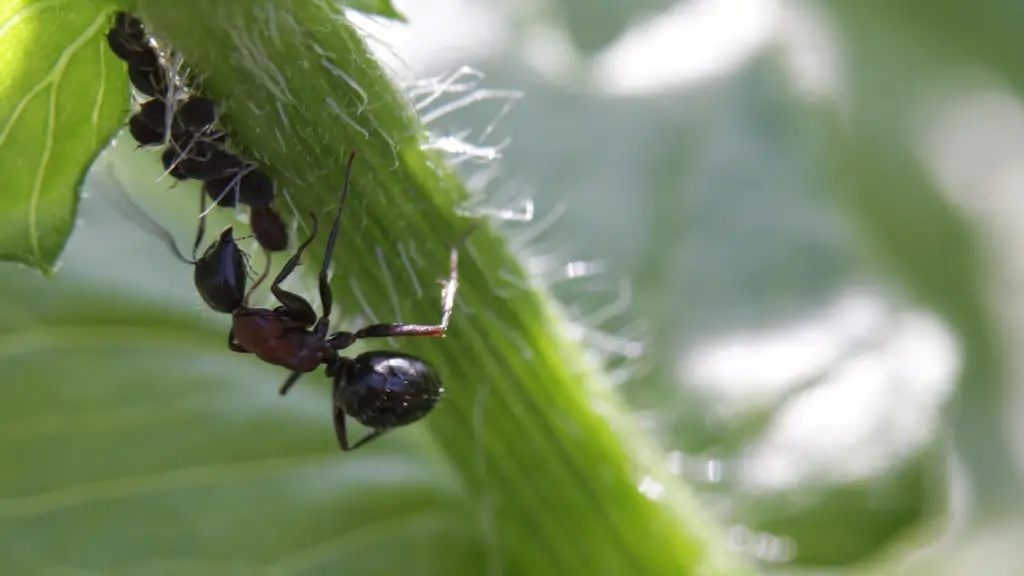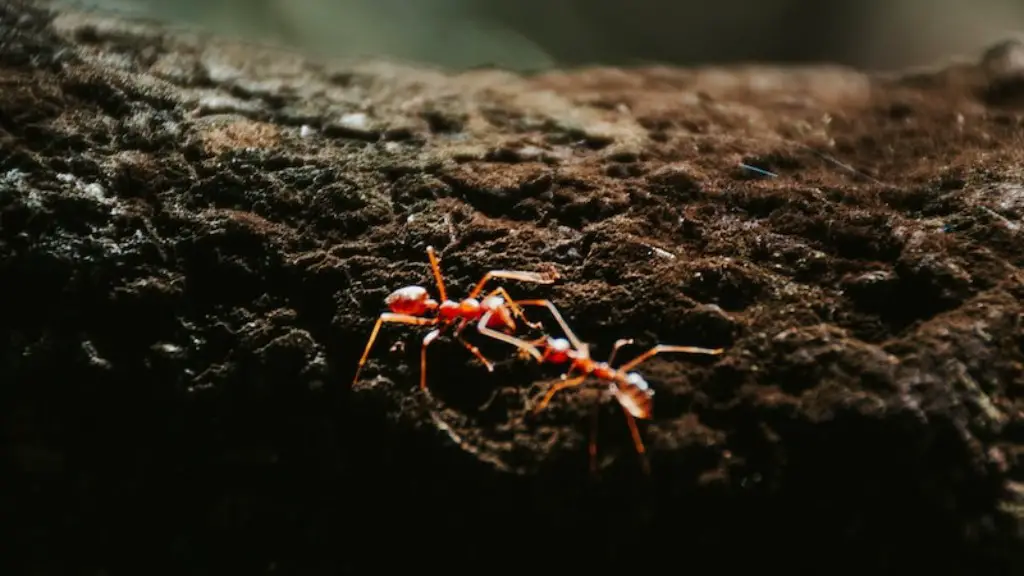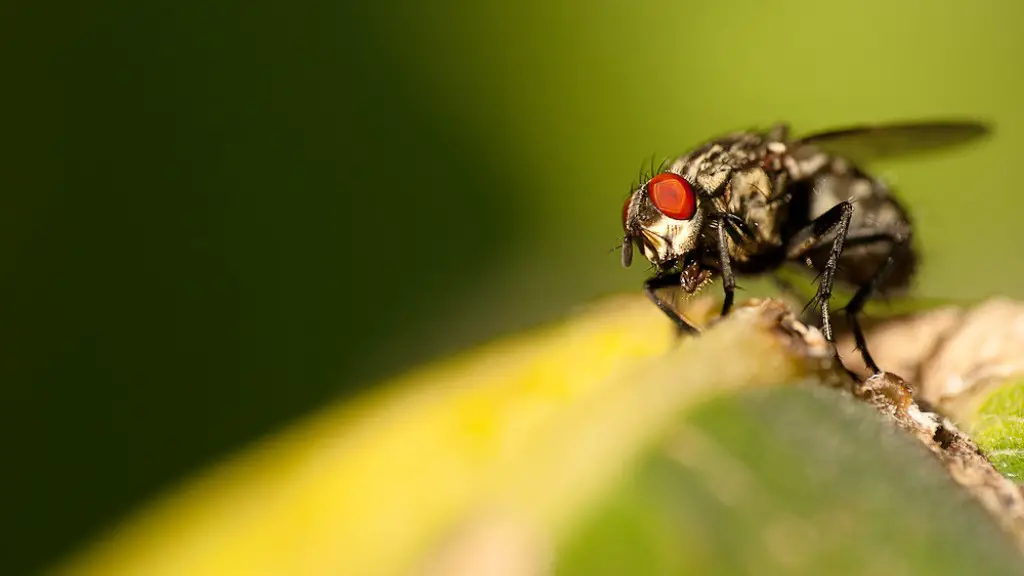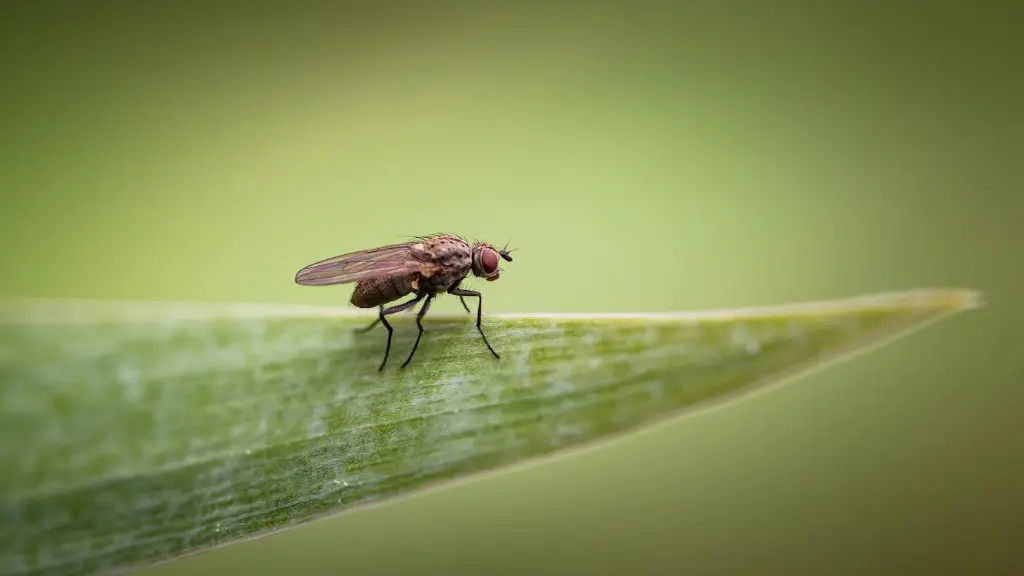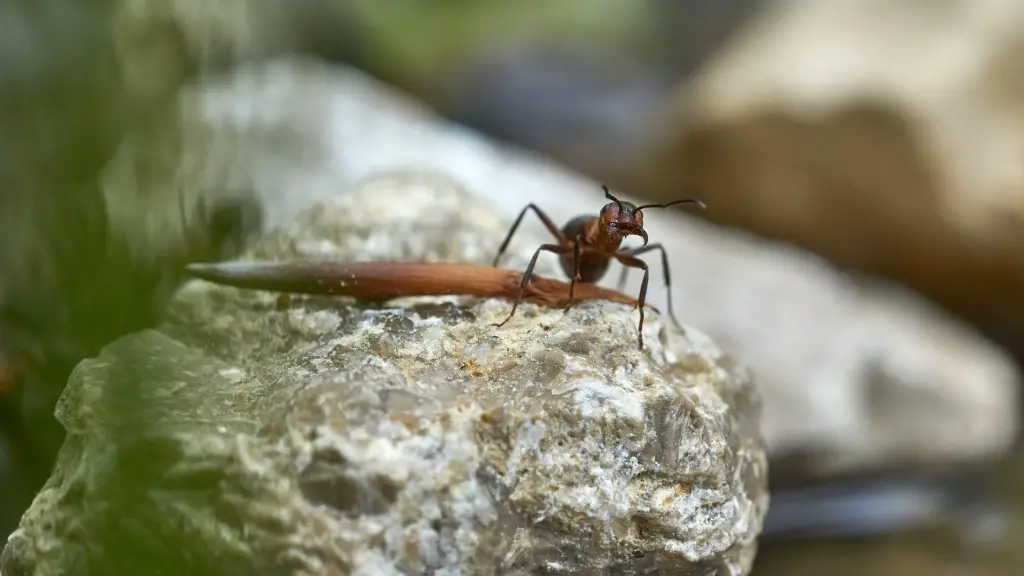Ants are one of the most common insects in the world. They can be found everywhere, and they can cause a lot of trouble for people. So what can you do about these pesky critters?
The first thing you need to do is identify the type of ant that is in your home. There are several different types of ants and they have different habits and behaviors, so it’s important to identify the species correctly. The most common ants in the United States are pavement ants, carpenter ants, and odorous house ants. Once you have identified the type of ant infestation, you can move on to the next step.
The next thing you want to do is to determine the size and scope of the infestation. It’s important to know how many ants, and how much of your home they’ve been invading, as this will help you determine the best way to deal with them. You may need to hire a professional if the infestation is too large and out of hand.
Once you’ve determined the size and scope of the infestation, you need to investigate the cause. Do an inspection of your home and see if you can locate any possible entry points for the ants. You will also want to determine where the ants are getting their food from. Ants are attracted to sugary foods and greasy foods, so if you have any of these items in your home, you may want to clean them up or move them away from the ant’s entry point.
After you have determined the cause of the infestation, you can start to take action. The most effective way to deal with ants is to use a combination of baiting and physical control. Baiting involves placing ant bait in strategic locations near the ant’s entry points. The bait will attract the ants and they will feed on it. The bait will then travel back to the colony, where the ants will share it with the rest of their colony, killing them in the process.
Physical control involves the use of insecticides. There are several different types of insecticides that can be used to kill ants, but it’s important to read the label and make sure that you are using the correct product for the type of ant you are dealing with. You should also keep in mind that using too much insecticide can have a negative impact on other beneficial insects in your home.
Finally, you need to consider other methods of control such as exclusion and habitat modification. Exclusion involves blocking the ants from entering your home, such as sealing any cracks and crevices, cleaning up food spills, and getting rid of any materials that may attract the ants. Habitat modification involves changing the environment that may attract the ants, such as reducing moisture levels and keeping food items in closed containers.
Insecticides
Insecticides are one of the most common ways to deal with ant infestations. There are a variety of different products available, and they can be used both outdoors and indoors. When using insecticides, it’s important to read the label and make sure that you are using the correct product for the type of ant you are dealing with. You should also make sure that you are following the manufacturer’s instructions.
When using insecticides indoors, you should make sure that you are using the correct dosage and application method. You should also keep in mind that using too much insecticide can have a negative impact on other beneficial insects in your home. When using insecticides outdoors, you should make sure that you are applying it in areas where there is no food or water sources for the ants, as this could attract more ants.
Insecticides can be a very effective way to deal with ant infestations, but it’s important to use them correctly and in moderation. It’s also important to keep in mind that insecticides can have an adverse impact on the environment, so it’s best to use them in more natural ways, if possible.
Prevention
Prevention is the best way to keep ants from coming into your home. One of the most important things to do is to make sure that your home is clean and free of food and water sources. This means keeping all food in airtight containers, mopping up spills and keeping garbage in tightly sealed garbage cans. It’s also a good idea to seal any cracks and crevices around windows, doors and other entry points.
Another way to prevent ants from coming into your home is to remove any potential nesting sites. This could mean getting rid of any mulch piles and keeping wood piles away from your home. You should also avoid using wood chips as mulch, as this can attract ants.
If you are dealing with an outdoor ant infestation, you may also want to consider using ant baits. These baits contain poisons that the ants will ingest and will help to reduce the population in the area. When using ant baits, it’s important to follow the manufacturer’s instructions and to keep pets and children away from the area.
Professional Help
If the ant infestation is too large or out of hand, you may need to call in a professional. Pest control companies are trained to deal with ant infestations, and they have the knowledge and experience to quickly and effectively get rid of the ants. They will also be able to provide you with advice and tips to help you prevent future infestations.
It’s important to note, however, that hiring a professional can be expensive. Before you commit to hiring a professional, make sure you get a quote and compare the cost to other methods of dealing with the problem. If you decide to go with a professional, make sure you understand the costs and the services they will provide.
DIY Options
If you don’t want to hire a professional, there are also a number of DIY options you can try. Many of these DIY options are inexpensive and can be very effective if done correctly. Some of the most common DIY ant control methods include using boric acid, diatomaceous earth and essential oils.
Boric acid is one of the most popular DIY ant control methods, and it’s very easy to use. To use boric acid against ants, simply mix a solution of 2 parts boric acid and 3 parts sugar and water, and put it into small containers in areas where the ants are entering your home. The ants will be attracted to the solution and will ingest it, killing them in the process.
Diatomaceous earth is another effective DIY option for controlling ants. It is a natural powder that can be found in garden centers, and it works by cutting the exoskeletons of ants when they come into contact with it. To use diatomaceous earth against ants, simply sprinkle it around the areas where the ants are entering your home.
Finally, essential oils are another option that can be used to control ants. Many essential oils, such as peppermint and citrus, are known to repel ants. To use essential oils against ants, simply mix a few drops of the oil with water and put it into a spray bottle and spray it around the area where the ants are entering your home.
Natural Solutions
In addition to the DIY methods mentioned above, there are also a number of natural solutions you can try. White vinegar is one of the most popular natural ant control methods, and it works by creating an acidic environment that the ants are unable to tolerate. To use white vinegar against ants, simply mix equal parts white vinegar and water and put it into a spray bottle and spray it around the area where the ants are entering your home.
Another effective natural solution is to use borax. Borax is a natural mineral that can be found in garden centers, and it works by interfering with the ant’s digestive system. To use borax against ants, simply mix one part borax and three parts sugar, and put it into small containers and place them near the areas where the ants are entering your home.
In addition to the DIY and natural solutions mentioned above, there are also a variety of commercial products that you can use to control ants. Many of these products contain chemicals, so it’s important to read the label and make sure you are using the correct product for your specific ant infestation.
Conclusion
Ants can be a major nuisance, but with the right knowledge and a little effort, you can effectively deal with them. It’s important to identify the type of ant infestation you are dealing with so you can choose the best method for controlling it. There are a variety of DIY and professional solutions available that can help you quickly and effectively get rid of the infestation. Finally, prevention is the best way to keep ants from coming into your home, so make sure you take the necessary steps to make your home less appealing to ants.
